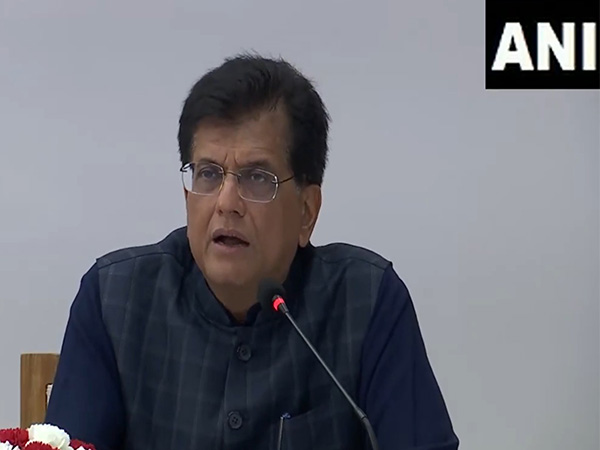Director Amy Berg's “love story about one of my favourite artists" betters other similar films about her idol L egendary singer-songwriter Jeff Buckley is the subject of this emotionally engaging and frequently perceptive documentary. Directed by Amy Berg – whose rock-doc credentials include the acclaimed 2015’s Janis Joplin : Little Girl Blue – It’s Never Over, Jeff Buckley covers his life and career, right up until his tragic death by drowning at the age of 30, in 1997. Though he only released one album in his lifetime, Buckley was widely regarded as a superstar.
It’s Never Over has David Bowie describing Buckley’s 1994 debut album ‘Grace’ as the greatest record ever made. Between that album and his numerous tours and TV appearances, Buckley was celebrated for his complex, soulful songwriting and his astonishing four-octave vocal range, which he demonstrated with a wide variety of covers, including songs by two of his idols, Nina Simone and Édith Piaf, as well as his posthumously chart-topping version of ‘Hallelujah’. Berg tells Buckley’s story chronologically through talking head interviews with his mother Mary Guibert, band members Mick Grøndahl and Matt Johnson, as well as former girlfriends Rebecca Moore and Joan Wasser.

These are interspersed with a wealth of archive material that includes home movies, photographs and audio recordings, the extensive digitisation of which was paid for by executive producer Brad Pitt , a self-declared Buckley fan who’s frequently expressed an interest in making a biopic. It’s money well spent. One particular highlight from the archive showcases Buckley’s amazing talent for mimicry.
When he meets one of his idols, Nusrat Fateh Ali Khan, he launches into a note-perfect rendition of the Qawwali master’s singing style, and the delighted smile that ensues is utterly charming. Jeff Buckley performs during soundcheck at Hotel Utah in San Francisco in January 1994. (CREDIT: Anthony Pidgeon/Redferns) In addition to charting Buckley’s career progression and his relationships, the talking heads reveal a multitude of moving, insightful stories.
The most impactful involves Jeff’s only interaction with his father. Tim Buckley was a singer-songwriter who also died before his time and abandoned Jeff’s mother before he was even born. According to Guibert, she took a young Jeff to see Tim perform and he ended up spending a week with his father, before he was sent home alone on a bus, with a phone number scrawled in a matchbook.
A few weeks later, Tim died of a heroin overdose.a The film goes out of its way to dispel the rumour that Jeff Buckley was on drugs when he died but it does hint at a darkness behind his demise. Without drawing any specific conclusions, it acknowledges a previous psychotic break and points out that he had called everyone he knew in the weeks leading up to his passing.
Apart from the occasional prickly moment of sadness, It’s Never Over, Jeff Buckley is largely celebratory. When Berg introduced the film at Sundance, she described it as “a love story about one of my favourite artists, told through the people he loved.” This approach creates a warm-hearted rock doc that paints a well-rounded portrait of the legend that should appeal to both long-term Buckley devotees and newcomers alike.
Details Director: Amy Berg Release date: to be announced ( NME attended a screening at Copenhagen International Documentary Festival) Related Topics Jeff Buckley.
Entertainment

‘It’s Never Over, Jeff Buckley’ review: hallelujah, this moving rock doc is celebratory not sad

Director Amy Berg's “love story" betters other similar films about her idolThe post ‘It’s Never Over, Jeff Buckley’ review: hallelujah, this moving rock doc is celebratory not sad appeared first on NME.















